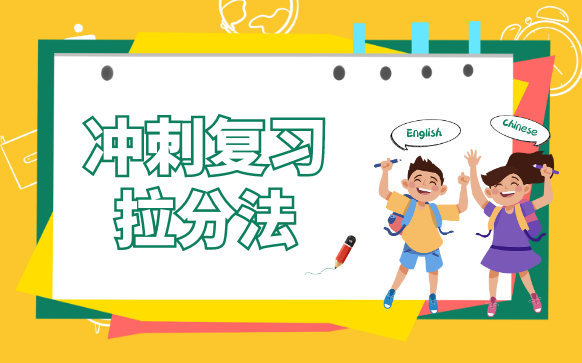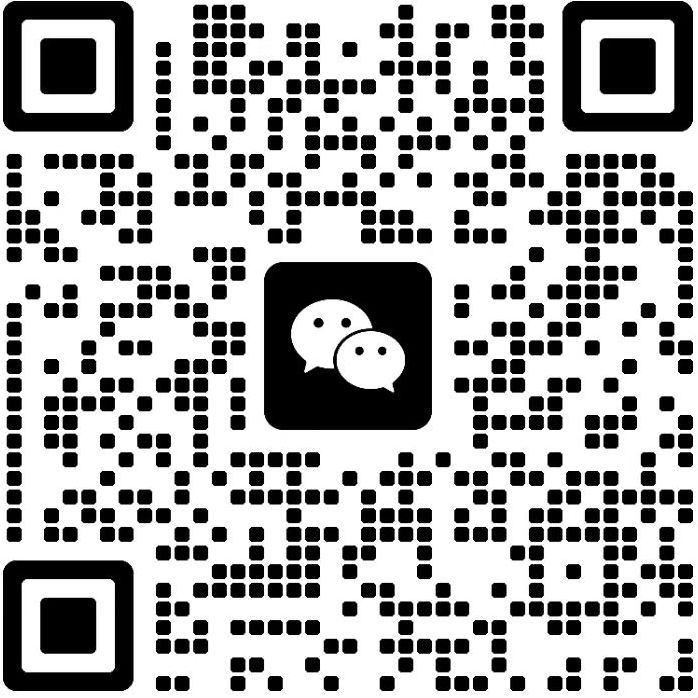简明释义
汉英大词典
中中释义
双语例句

简明释义
汉英大词典
来[lái]- [动]
- 1
(从别的地方到说话人所在的地方) come; arrive:
跟我来!
Come along with me.
你来啦!
Hello!; So you're here already.
她过一两个星期就来。
She'll come over in a week or two.
她说今天早上没有信来。
She says no letter arrived this morning.
电来啦!
The electricity is on.
他们来自全国各地。
They hail from all parts of the country.
- 2
(发生; 来到) crop up; take place; come up:
别人一干涉, 麻烦就来了。
When others interfere, it always makes trouble.
今年雨季来得晚。
The rainy season is backward this year.
雷阵雨马上就要来了。
A thunder shower is coming up.
那 一 年, 流行性感冒来得异常凶猛。
The grippe hit unusually severely that year.
问题来了。
Problems have cropped up.
- 3
(做某个动作, 代替意义更具体的动词):
来一个一百八十度的大转弯
make an about face; make a 180-degree turn;
来一盘棋。
Let's have a game of chess.
你歇歇, 让我来吧。
You take a rest. Let me do it.
我们去踢足球, 你来不来?
We're going to play football. Do you want to join in?
我自己来吧。
(指吃东西)I'll help myself.;(指做事)Let me do it myself.
再来一点吧?
(指请人吃东西) Would you like a little more?
再来一个!
(请演员表演) Encore!
- 4
(跟“得”或“不”连用, 表示可能或不可能):
大事做不来, 小事又不做
be unable to do big jobs and look down on small ones;
辣椒我吃得来, 但不特别喜欢。
I can eat red pepper, though I'm not overfond of it.
坡太陡, 车子上不来。
The car can't come up, as the slope is so steep.
他脾气好, 和谁都处得来。
He is good-tempered and he gets along with everyone.
- 5
(用在另一动词前面, 表示要做某件事):
大家来想办法。
Let's pool our ideas and see what to do.; Let's put our heads together and see how to do it.
要不要我来帮你翻译?
Would you like me to interpret for you?
咱们来试试, 看它会不会折断。
Let's try whether it will break.
- 6
(用在另一动词或动词结构后面, 表示来做某件事):
他回村看望乡亲们来了。
He's come back to the village to see us folks.
我们报喜来了。
We've brought you good news.
- 7
用在动词结构或介词结构与动词或动词结构之间, 表示后面部分是目的):
用我们自己的双手来建设祖国
build our country with our own hands;
你能用什么办法来帮助他呢?
How are you going to help him?
我们将开个会来交流经验。
We'll hold a meeting to exchange experiences.
- 8
(来自; 来源于) derive; come from:
“girl”这个词是由中世纪英文中的“girle”来的。
The word “girl” is derived from Middle English “girle”.
这个词是从希腊文来的。
The word comes from Greek.
- [形]
- 1
(未来的) future; coming; next:
来春
next spring;
来岁
the coming year; next year
- [助]
- 1
(表示曾经发生过什么事):
你这是何苦来?
Why have you done such an abominable thing?
这话我多会儿说来?
When did I say so?
- 2
(从过去到现在) ever since:
两千年来
over the past 2,000 years;
十多天来
for the last ten days and more;
别来无恙乎?
How have you been since I saw you last?
- 3
(用在“十、百、千”等数词或数量词后面表示概数) about; around:
八十来个
around eighty;
二十来岁
about twenty (years old);
两米来高
about two metres high;
六点来钟
about six o'clock
- 4
(用在“一、二、三”等数词后面, 列举理由):
一来..., 二来...
in the first place ..., in the second place ...;
我好久没有看她, 一来路太远, 二来没工夫。
I haven't been to see her for a long time now. For one thing, she lives too far away; for another, I've been rather busy.
- 5
(诗歌中间用做衬字):
不愁吃来不愁穿
not have to worry about food or clothing;
正月里来是新春。
Spring comes with the first moon of the new year.
- [名]
- 1
(姓氏) a surname:
来俊臣
Lai Junchen
(用在动词后, 表示动作朝着说话人所在的地方):
过来!
Come over here!
你是一路跑来的吗?
Did you run all the way here?
请把那本书拿来。
Bring me the book, please.
什么风把你给吹来了?
What brings you here?
喜讯传来, 欢声雷动。
The glad tidings gave rise to thunderous cheers.
中中释义
-
由另一方面到这一方面,与“往”、“去”相对:~回。~往。过~。归~。~鸿去燕(喻来回迁徙,不能在一地常住;亦喻书信来往)。
-
从过去到现在:从~。向~。
-
现在以后,未到的时间:~年。将~。~日方长。
-
用在数词或数量词后面,表示约略估计:二百~头猪。
-
做某个动作:胡~。
-
用在动词前,表示要做某事:大家~动脑筋。
-
用在动词后,表示做过(一般均可用“来着”):昨天他哭~。
-
用在动词后,表示动作的趋向:上~。
-
表示发生:暴风雨~了。
-
在数词一、二、三后面,表示列举理由:这台收录机一~音质好,二~价钱便宜,我就买了。
-
用做诗、歌词中的衬字:八月里~桂花香。
-
表示语气,归去~兮!
-
姓。
双语例句
我可能下周来,或者再下一周。
I could come next week, or the week after.
让我把这个弄完,随后就来。
Let me just finish this and then I'll come.
用光明与黑暗来象征善与恶。
The use of light and dark symbolizes good and evil.
孩子们总是能从父亲那里哄出钱来。
The kids can always wheedle money out of their father.
我认为你今天来这里不完全是碰巧。
I suppose your presence here today is not entirely coincidental.
这些数据是通过多次研究收集得来的。
These figures have been gleaned from a number of studies.
现在我来付账——咱们以后再算。
I'll pay now ─ we can settle up later.
用实例来证明你的论点是重要的。
It is important to cite examples to support your argument.
给我来份热狗,但别加芥末。
Give me a hot dog, but hold the mustard.
让她来组织这次聚会非坏事不可。
Letting her organize the party is a recipe for disaster.
说来奇怪,我不大喜欢看电视。
Strange to say, I don't really enjoy television.
近几个月来,这个议题一直是关注的焦点。
This issue has had a high profile in recent months.
这些年来这座城市发生了许多变化。
Down through the years this town has seen many changes.
 手机浏览
手机浏览
 全国
全国 18472316003
18472316003








动 come ; arrive ; crop up ; take place
形 future ; coming ; next
助 ever since ; about ; around